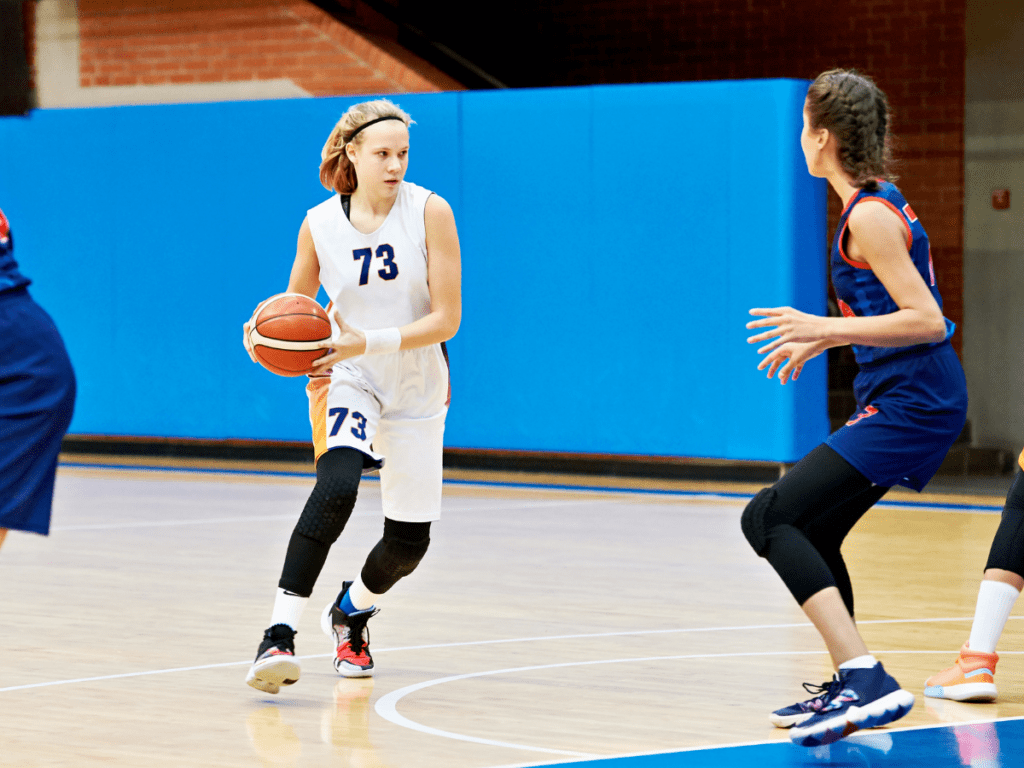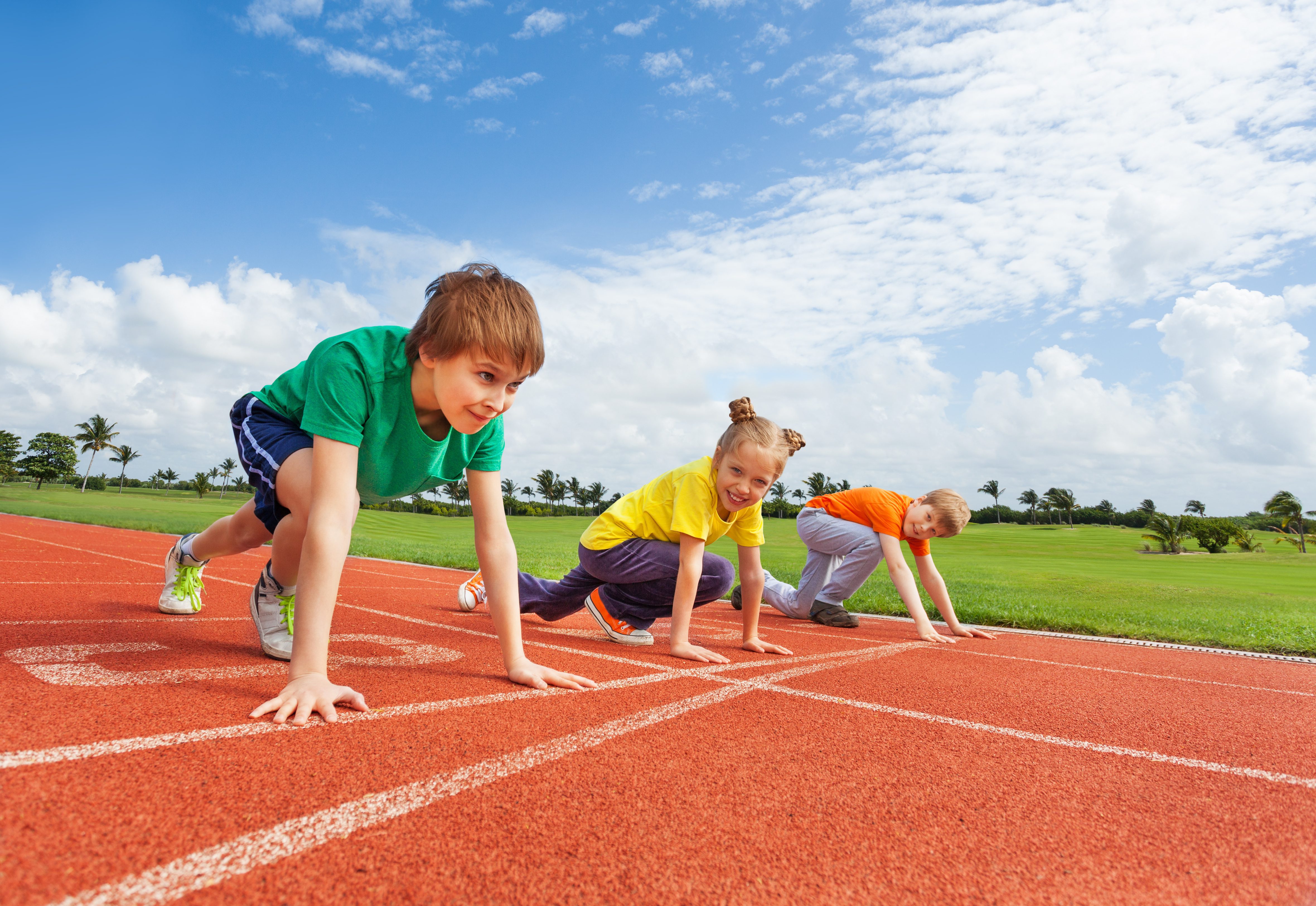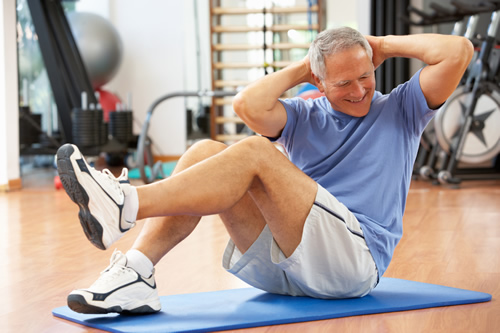Understanding barriers to sport in Hamilton, ON

Project summary This study uses a random group of adults in Hamilton, ON to determine what barriers to sport are preventing adults from being active through sport. The research using data from a questionnaire that was part of a larger study called the Hamilton Active Living Study or HALStudy. This questionnaire data was used to…
Adolescent leisure opportunities in a changing community

Project Summary The context of leisure is especially amenable to fostering the acquisition of developmental assets and the development of. However, the issue of access to developmentally significant opportunities becomes problematized as inner-city areas are transformed by the process of gentrification, which may disrupt existing usage patterns and which alters the dynamics of supply and…
Understanding Parents’ Experiences in Facilitating Physically Active Leisure for their Children who are Overweight or Obese

Project Summary Parents are key influencers of their children’s leisure behaviours. They identify and create opportunities for their child’s continued participation in leisure activities including sport. There are a number of factors that affect a parent’s ability to support his/her child’s participation in leisure activities. Given increasing concerns about childhood obesity and the importance of…
Relative Age, Recreation Sport Participation and Youth Development

Project Summary In both youth sport and education, children and adolescents are grouped into cohorts by using annual age grouping policies, whereby a child must be a certain age by a specified selection date (e.g., December 315). Relative age describes the fact that children born early in their cohort/selection year (e.g., January) will be relatively…
Bridging the Gap Between Seniors and Recreational Sport and Fitness Programs

Seniors may be overlooked when thinking about adding diversity to your sports and fitness programs when the fact is that many seniors share the same barriers when facing sport participation. Community recreation and sport programs can be great for older people who feel isolated by helping them build connections as well as open up other…